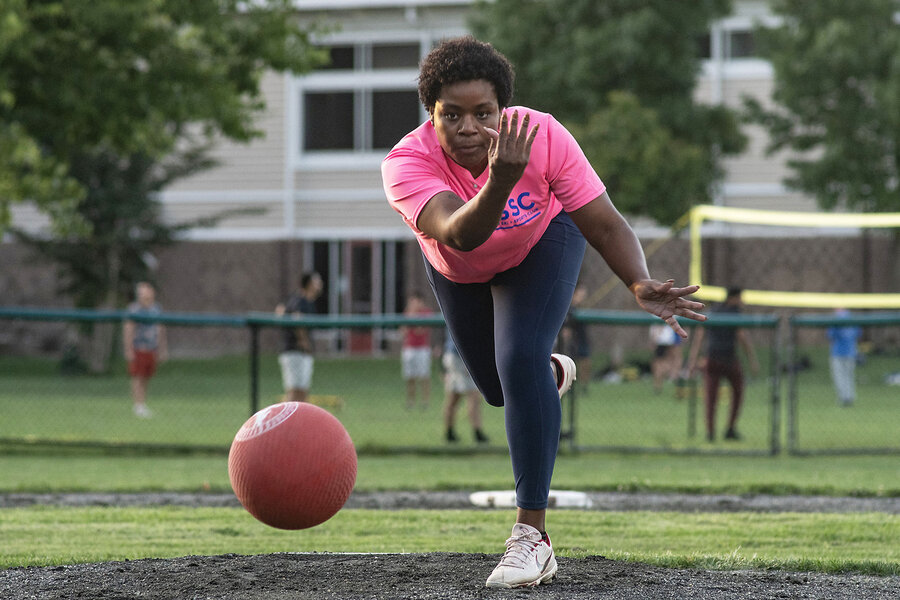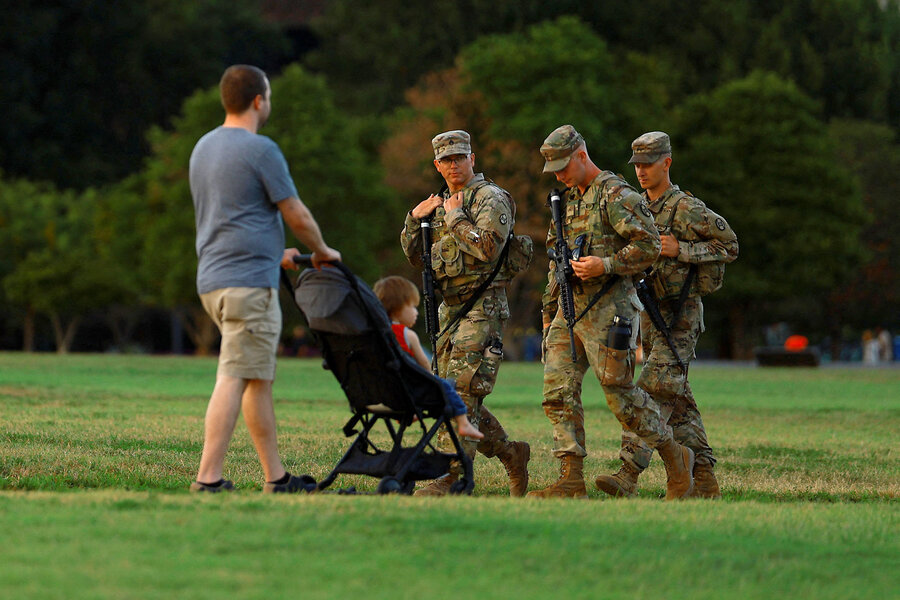Now Reading: Why Gen Z Is Embracing Sports Culture
-
01
Why Gen Z Is Embracing Sports Culture
Why Gen Z Is Embracing Sports Culture

Quick Summary
- Cassidi Hardy, a Boston University graduate, joined the Boston Ski and Sports Club’s (BSSC) recreational softball in 2011 and fostered lifelong friendships within her team.
- recreational sports leagues are gaining popularity among American adults, especially Gen Z. The share of adults playing team sports grew from 11% to 18% between 2020 and 2025 (CivicScience). Interest is highest among those aged 18-29, with about 52% expressing interest in joining a team versus an overall average of 24%.
- The pandemic underscored the importance of in-person interactions; online alternatives like Zoom couldn’t fully replicate face-to-face socialization.BSSC’s membership increased nearly threefold between the years of COVID disruption.
- Players value camaraderie over competition, as seen with teams like “The Dirt Eaters” and “Kick, Kick Boom!” Members use games as gateways to community building: post-game hangouts persist even off-field via group chats or other informal gatherings. Some players even find romantic partners through these activities.
- Experts suggest that team sports not only nurture tight-knit bonds but also cultivate broader societal cohesion by making people feel part of larger “imagined communities.”
Indian Opinion Analysis
India can take note of this trend as it seeks to bolster post-pandemic community engagement-especially among urban youth facing increasing isolation due to digital lifestyles or fragmented social contexts across cities. Recreational league models such as BSSC exemplify how structured spaces for casual play can help counteract stress while encouraging deeper face-to-face connections which digital platforms struggle to provide.
For India’s own context, community bonding initiatives using cricket or kabaddi-the country’s popular grassroots-class sports-could benefit both youth well-being initiatives and urban planning strategies focused on reviving public spaces such as parks or municipal fields actively under-utilized during recent years amid cyber-social overlaps eroding tangible local-socialization norms organically decreasing active participation metrics tracked visible replacements fostering evolving impacts societal scale Read More:

























